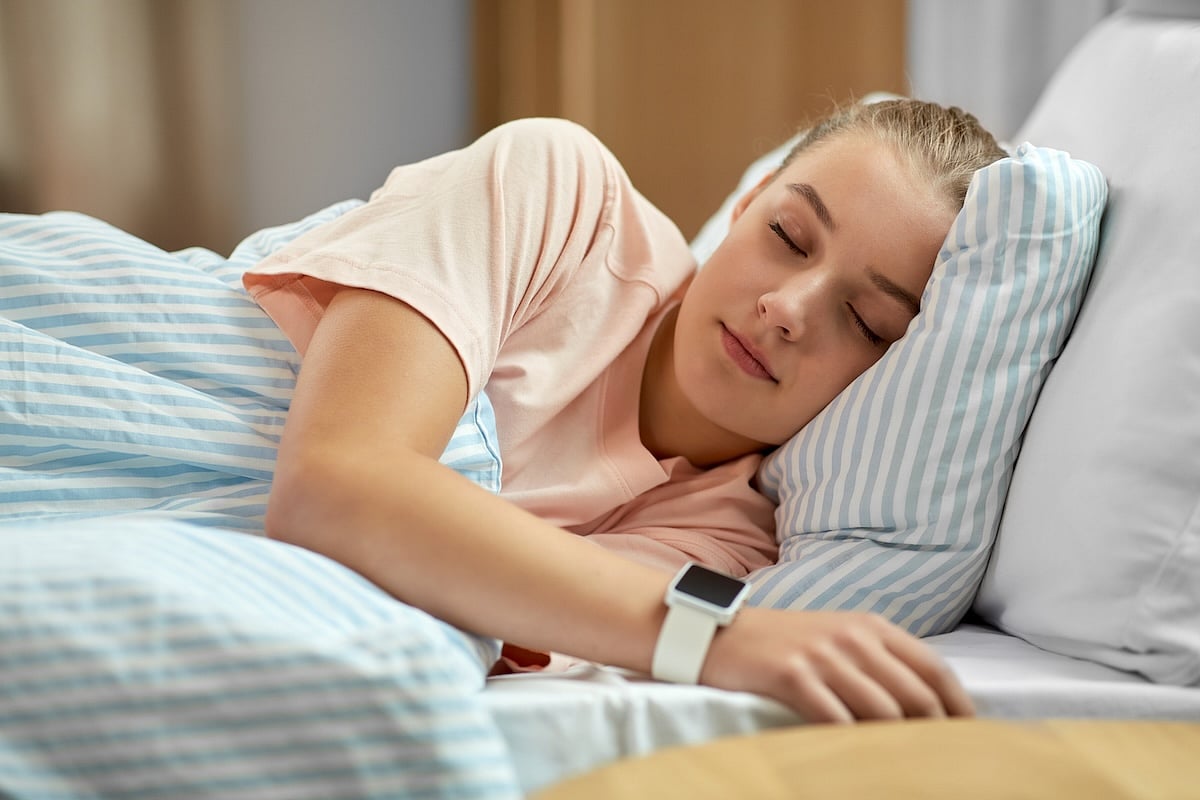Get Healthy!

- Ernie Mundell
- Posted November 13, 2024
Good Night's Sleep Wards Off High Blood Pressure in Teens
High blood pressure is a rare health issue among teens, but U.S. case numbers are creeping upwards.
Now, research published recently in the Journal of the American Heart Association, shows that healthy sleep can help keep hypertension at bay in the young.
That's probably because "disrupted sleep can lead to changes in the body's stress response, including elevated levels of stress hormones like cortisol, which in turn can increase blood pressure," explained study first author Augusto César Ferreira De Moraes. He's an assistant professor of epidemiology at the University of Texas Health Science Center, in Houston.
As the researchers noted, high blood pressure can affect a teenager: Data shows that about 1.7% of U.S. adolescents (averaging about 14 years of age) were diagnosed with hypertension in 2018-2020, and that number rose to 2.9% by 2020-2022.
The new study looked at the same dataset, which included more than 3,300 kids who wore Fitbits that tracked their daytime activity and nighttime total sleep time, as well as their REM (deep) sleep.
The study found that adolescents who got the age-recommended 9 to 11 hours of sleep nightly had a 37% lowered odds for high blood pressure "incidents," compared to those who didn't.
Certain factors, such as the noise level of the neighborhood the teen lived in, didn't impact the results, De Moraes and colleagues noted.
There are ways to encourage better sleep during the teenage years, said study co-author and graduate student Martin Ma.
"Consistent sleep schedules, minimizing screen time before bed, and creating a calm, quiet sleep environment can all contribute to better sleep quality," he said in a university news release. And, "although environmental noise didn't directly affect hypertension in this study, maintaining a quiet and restful sleep environment is still important for overall well-being."
More information
Find out more about high blood pressure in teens at the U.S. Centers for Disease Control and Prevention.
SOURCE: University of Texas Health Science Center at Houston, Nov. 12, 2024
